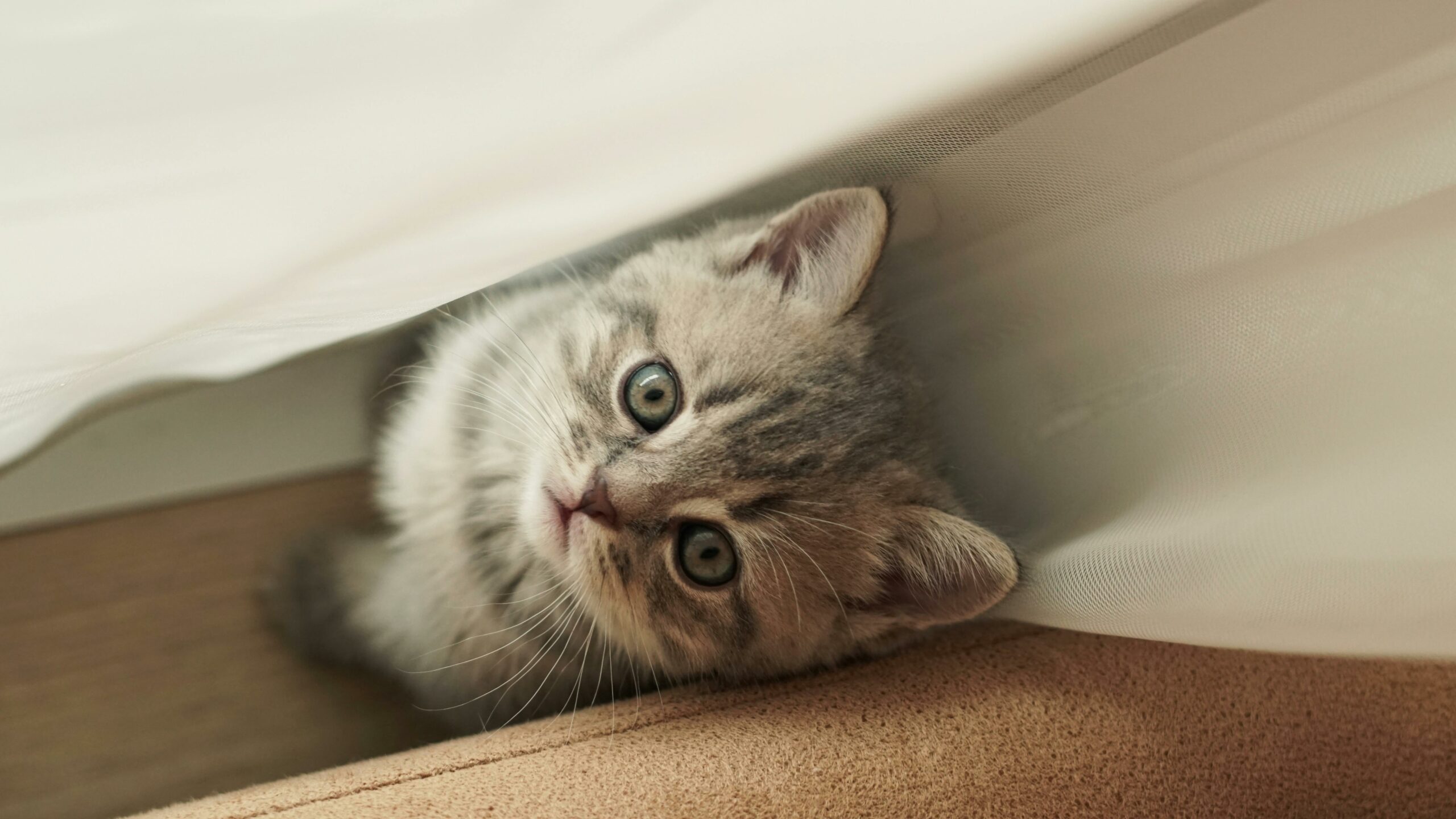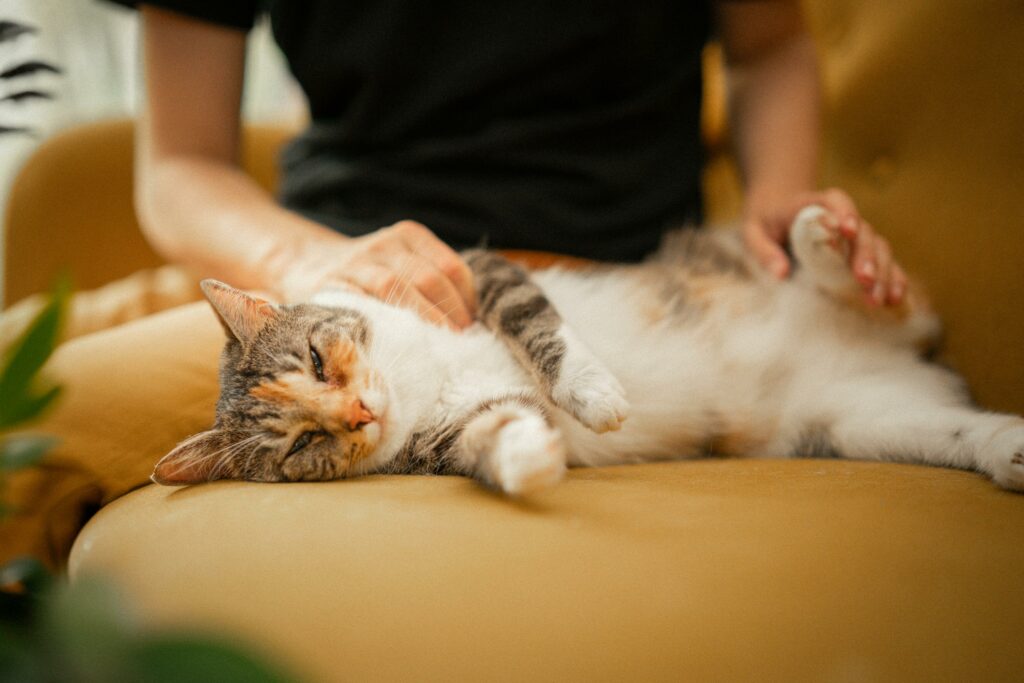
Cats are one of the most popular pets in Singapore, beloved for their independent yet affectionate nature. However, if you’re living in public housing, you’re probably wondering whether you can legally keep a cat in your flat. Navigating the HDB cat ownership rules can be confusing, especially with recent policy updates. This guide breaks down everything you need to know about keeping cats in HDB flats legally and responsibly.
New Rules
For the first time, HDB cat ownership is being legally recognised under a national framework. The revised policy allows up to two cats per HDB flat, alongside one approved dog breed under existing HDB regulations.
Key points:
Up to 2 cats per HDB residential unit
Cats must be licensed, microchipped, and sterilised
Owners may also keep one dog from the list of approved breeds
Non-compliance may result in a fine of up to S$4,000
These changes are part of Singapore’s larger push toward responsible pet ownership and harmonious living in dense urban spaces.
Transition Period
To ease into the new rules, a two-year transition period has been announced. This gives current cat owners time to meet the updated licensing and care requirements.
Here’s what you need to know:
If you already own more than two cats, you may continue to keep them if:
You apply for licences during the transition period
You ensure their health and welfare
Newly acquired cats during the transition are not exempt from the two-cat rule
After 31 August 2026, owners can only keep up to two licensed cats per HDB flat
This approach supports existing owners while ensuring stricter regulation of future adoptions or purchases.
What’s Required Under the Cat Management Framework
The updated Cat Management Framework by NParks/AVS includes several conditions to ensure safe and responsible HDB cat ownership.
Required Conditions:
Mandatory licensing of all cats through the Pet Animal Licensing System (PALS)
Microchipping for identification and traceability
Sterilisation to prevent overpopulation and nuisance behaviours
Cats must be kept strictly indoors
Owners must ensure cleanliness, quietness, and proper pet welfare
Failure to comply can result in penalties, including fines or cat removal.
Why Were Cats Previously Not Allowed?
The initial ban on cats in HDB flats stemmed from legitimate concerns. Some of the main reasons include:
Free-roaming behaviour: Cats often wander, leading to defecation in public areas or common corridors.
Noise disturbances: Mating calls and fighting can be disruptive.
Abandonment and stray issues: Unsterilised cats contribute to the stray population, posing public health and animal welfare challenges.
These concerns prompted strict rules, but with better public education and a formal framework, HDB cat ownership is becoming more manageable.
How to Apply for a Cat Licence
If you plan to keep cats legally under the new scheme, licensing is mandatory. Here’s how to get started:
Visit the PALS platform
Create an account or log in via SingPass
Register each cat with the required details:
Microchip number
Sterilisation certificate
Photo of the cat
Pay the licensing fee, if applicable (AVS may waive or adjust fees during the transition)
Licensing your cats not only protects them—it also helps authorities track and reduce stray populations.
What Happens if You Don’t Comply?
Failing to comply with HDB cat ownership regulations can lead to:
Fines of up to S$4,000
Enforcement actions by HDB or town councils
Eviction of pets in serious cases of neglect or nuisance
Additionally, after the transition period, unlicensed cats beyond the allowable limit may need to be rehomed or surrendered.
Exceptions and Special Cases
Already Own More Than Two Cats?
You may continue to keep them if you register them during the transition period (by 31 Aug 2026) and meet all welfare standards. This exemption applies only to cats acquired before 1 Sep 2024.
Newly Adopted Cats?
You must adhere to the new limit—no exceptions. Even during the transition, newly acquired cats count toward the two-cat rule.

Conclusion
The updated HDB cat ownership policy signals a more pet-friendly and compassionate approach by the Singapore government. While the rules are stricter and more structured, they offer clear guidelines for those who want to keep cats responsibly in urban flats.
In summary:
From 1 Sep 2024, up to 2 cats allowed in HDB flats
A 2-year grace period allows owners to licence existing pets even if they exceed the limit
Mandatory licensing, microchipping, and sterilisation
Strict limits for private premises as well
Non-compliance carries heavy penalties
Stay informed, get your cats licensed, and be part of a community that values both pet welfare and neighbourly living.
Share this:
- Click to share on WhatsApp (Opens in new window) WhatsApp
- Click to share on Facebook (Opens in new window) Facebook
- Click to share on LinkedIn (Opens in new window) LinkedIn
- Click to share on Pinterest (Opens in new window) Pinterest
- Click to share on Tumblr (Opens in new window) Tumblr
- Click to share on X (Opens in new window) X
- Click to share on Reddit (Opens in new window) Reddit
- Click to share on Telegram (Opens in new window) Telegram
- Click to email a link to a friend (Opens in new window) Email
- Click to print (Opens in new window) Print































